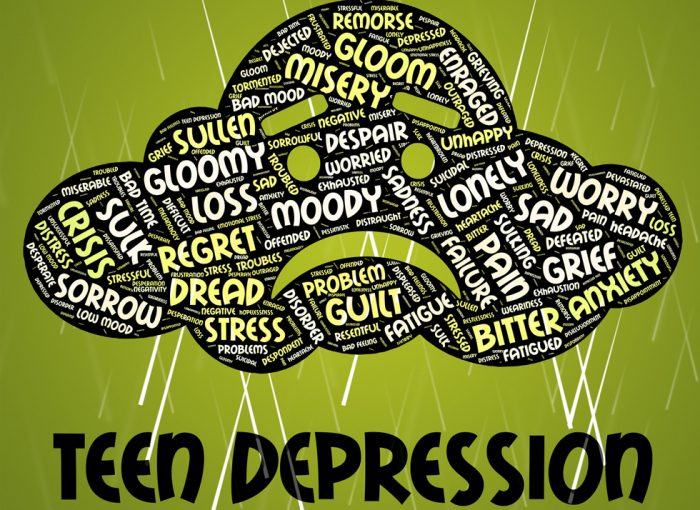Ask an Expert: Teen Depression
Nicole Greco | On 14, Jan 2018
The Commentator recently caught up with Ms. Kimberlee Van Burch, a Hudson Catholic mother and licensed psychotherapist with a private practice in Jersey City, New Jersey, to discuss teen depression. This is our publication’s second interview with Ms. Van Burch, with whom we recently discussed teen mental health in general.
To start off, let’s differentiate depression from sadness.
“Sadness is when you’re feeling moody, grouchy, or irritable,” Van Burch explained. “It usually lasts just a few days and comes from situations such as school work, activities, and friend/relationship drama. Teen hormones could also have a normal play in this.”
Van Burch explained that depression is a different phenomenon entirely.
“Depression does include sadness. However, it entails more intense feelings such as a sense of hopelessness, anger, and frustration. It could last weeks, months or even longer. One way to know it’s depression is when it’s too hard to go about your daily routine,” Van Burch said.
Ms. Van Burch then went into detail about the signs of depression.
“Sometimes there’s a sense of apathy, where the patient doesn’t take an interest in anything. Headaches, backaches, and stomachaches are common. An imbalance of eating and/or sleeping too much or too little and forgetfulness are major signs I look for in my [teen] clients.”
Who is at risk of depression and what triggers it?
“Anyone is susceptible to depression and sometimes there is no reason as to what causes it. In teens it could be the feeling of being overwhelmed and many times anxiety goes hand-in-hand with depression. However, depression can be triggered by a traumatic event or loss. Some people could also be predisposed to depression because of their genetics.”
How can I help someone with depression?
“It is important to get that person to talk to someone. It would be good for them to see a mental health consultant. But sometimes there is a stigma around people going to physicians, and the most you can do, if that is not the route for them, is to be a good friend and a good listener. Be encouraging and supportive.”
How can depression be treated?
“Medication (if required), psychotherapy, and exercise. Some people considered clinically depressed choose to take medication while others choose to talk about their issues through psychotherapy. It’s whatever works best for the patient.”
The editorial staff of The Commentator would like to thank Ms. Van Burch for her time and generosity being interviewed. Your excellence is greatly appreciated.
If you or someone you know is depressed, please seek help. You are not in this alone. The National Suicide Prevention Lifeline number is 1-800-273-8255. They are available 24 hours a day via call or online chat.


Submit a Comment